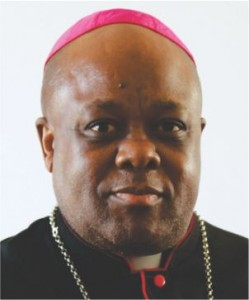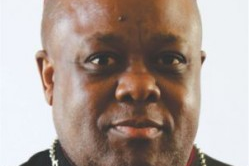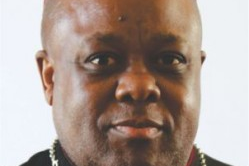South Africa: Bishops call for calm ahead of city 'march against foreigners'

Bishop Gabuza
Bishop Abel Gabuza, chair person of the South African Bishops' Justice and Peace Commission, has called for calm and restraint amid fears that the planned march against foreign presence in Pretoria on Friday could spark xenophobic attacks.
"The planned march against the foreigners in Pretoria is cause for serious concern. We call for calm and restraint."
Mamelodi Concerned Residents spokesperson Makgoka Lekganyane said they organised the march because they were tired of being slaves in their own country.
Bishop Gabuza has also condemned the recent violence and destruction of property of foreigners in Pretoria West and in Rosettenville. He has said communities should explore avenues to raise their concerns against foreign nationals instead of resorting to violence. "We cannot stress it enough that, even in cases of extreme dissatisfaction with the law enforcement and alleged criminal elements perpetrated by some of foreign nationals, community members should not take the law into their hands. "No grievance justifies the violence against foreign nationals."
Bishop Gabuza has at the same time urged African diaspora forum to work actively and closely with the police to loot out the criminal elements among the foreign nationals, especially those involved in drugs and prostitution.
"We reiterate our call to the government to strengthen border controls. We also call on the intelligence community to devise more effective ways to detect and counter xenophobic violence before it flares up. Detection mechanisms must be strengthened with respect to xenophobic attacks."
According to Bishop Gabuza, in the context of slow economic growth and increased economic inequalities in South Africa, there is also a need to address the fierce competition for limited resources, public services and economic opportunities between foreigners and the unemployed poor in South Africa.
"If this is not comprehensively addressed, especially in townships and informal settlements, it will continue to generate an environment that increases the risk of xenophobic attacks."
Source: SABC


















